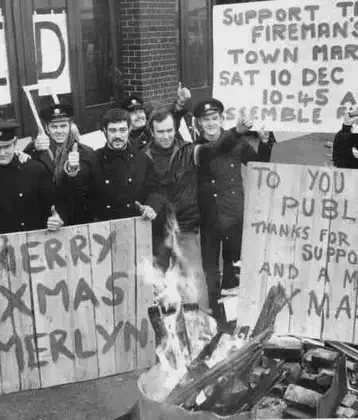
Joe Corrie (13 May 1894 – 13 November 1968) was a Scottish miner, poet and playwright best known for his radical, working class plays, was born in Slamannan, Stirlingshire in 1894.
Joe Corrie, the Scottish miner, playwright, and poet, died in Edinburgh on June 06, 1968.
He was known for his works that reflected the experiences of working-class people, drawing on his own background as a miner. Corrie’s writing often dealt with social and political issues, capturing the challenges and aspirations of the working-class communities in Scotland.
His plays, poems, and prose were appreciated for their authenticity and portrayal of everyday life. Joe Corrie’s contributions to Scottish literature continue to be remembered, particularly for shedding light on the lives of the working class during a period of industrial and social change.
Works
Plays:
“In Time o’ Strife” (1926): This play is one of Corrie’s most well-known works. It explores the impact of the General Strike of 1926 on a mining community and is considered a classic of Scottish working-class drama.
“Black Friday” (1939): Another one of Corrie’s plays, “Black Friday,” is set during the Great Depression and addresses issues such as unemployment and social injustice.
“The Acid Test” (1929): This play deals with themes of economic hardship and class struggle during the interwar period.
Poetry:
- Joe Corrie’s poetry often reflected his experiences as a miner and addressed social and political issues of his time. His poems were known for their straightforward and heartfelt expression.
Prose:
- In addition to his plays and poetry, Corrie wrote prose that explored the daily lives and challenges faced by the working class.
More From This Day

The first bombs in WW2 dropped on British soil was in the Shetland Islands
November 13, 1939

Leonard Boyle, priest and palaeographer, is born in Ballintra, County Donegal
November 13, 1923
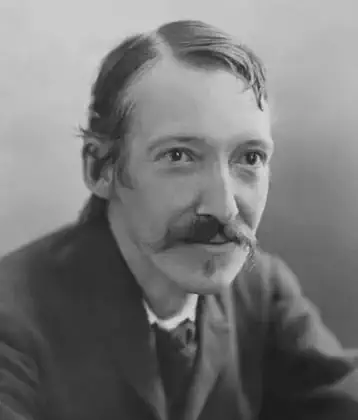
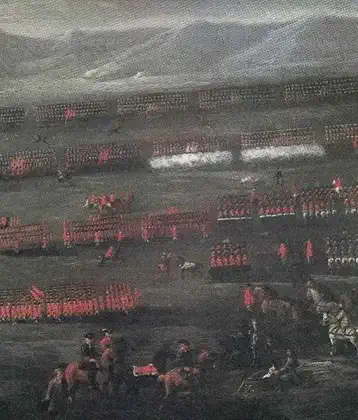
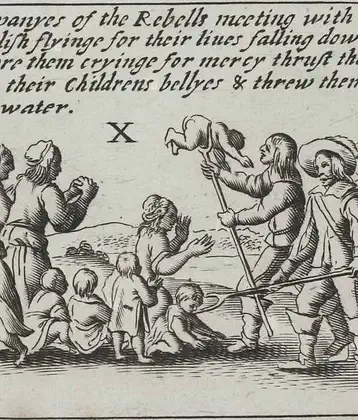
Battle of Cnoc na nOs Alasdair MacColla Scottish military leaderdies fighting on Irish side against Cromwells Troops
November 13, 1647

Charles I appoints James Butler, 1st Marquess of Ormond as Lord Lieutenant of Ireland
November 13, 1643
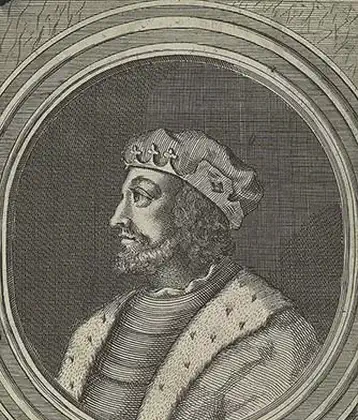
King Malcolm III (Canmore), last of the Celtic kings was killed at the Battle of Alnwick
November 13, 1093
